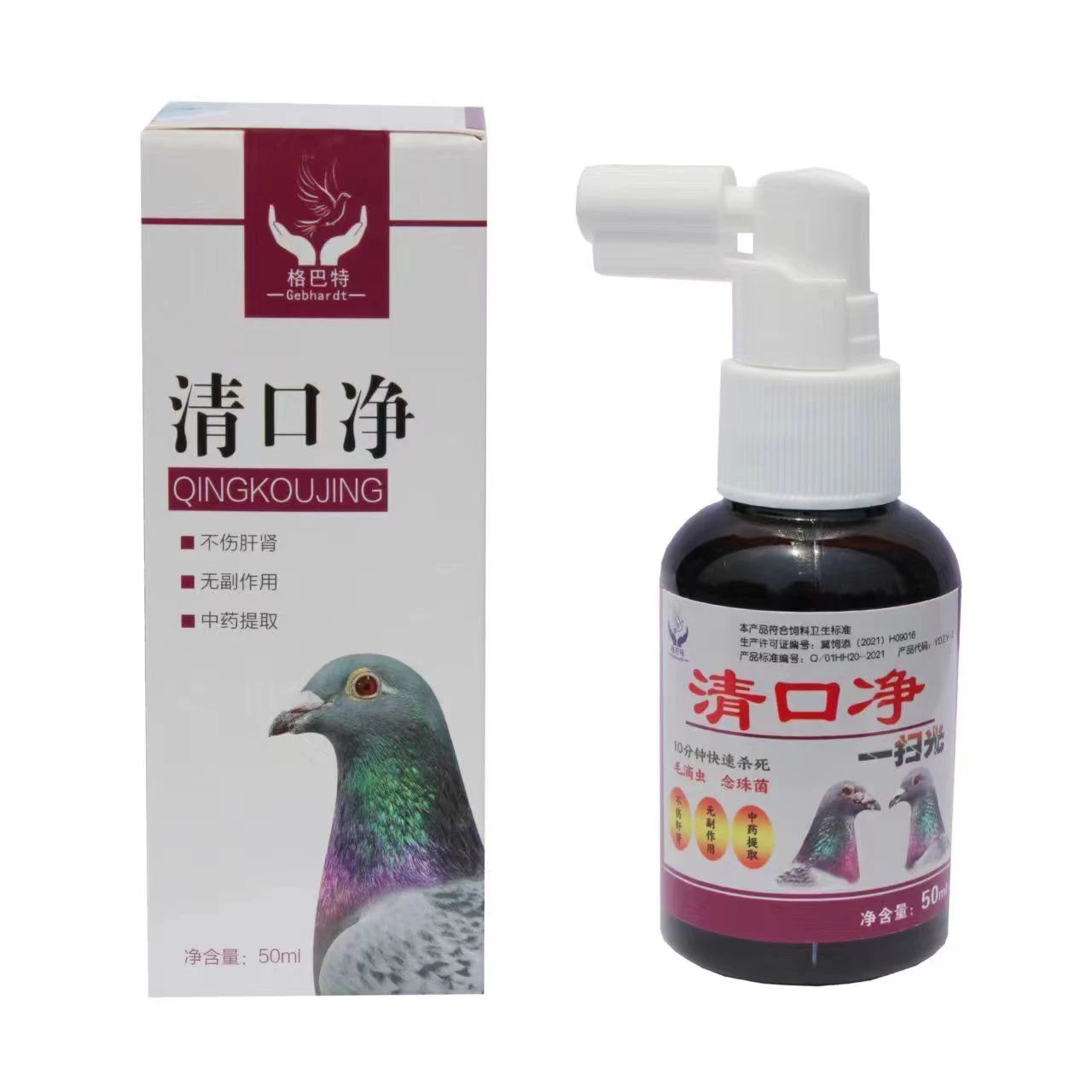
Déc . 23, 2024 15:31 Back to list
Exploring the Role of Custom Type 2 Interferon in Immune Responses and Therapy
Custom Type 2 Interferon A Breakthrough in Immunotherapy
Interferons are a group of signaling proteins that play a critical role in the immune response, particularly in the defense against viral infections and the regulation of immune system activities. Among the different types of interferons, Type 2 Interferon (IFN-γ) has garnered significant interest in the field of immunotherapy, particularly for its role in modulating immune responses. This article delves into the unique properties, mechanisms of action, and potential therapeutic applications of Custom Type 2 Interferon.
Understanding Interferons
Interferons are categorized into three main types Type 1 (e.g., IFN-α and IFN-β), Type 2 (IFN-γ), and Type 3 (e.g., IFN-λ). While Type 1 interferons are primarily produced by infected cells and play a vital role in antiviral defense, Type 2 interferon is primarily produced by activated T cells and natural killer (NK) cells. IFN-γ is crucial in promoting the immune response against intracellular pathogens and has a unique ability to enhance the antigen presentation by upregulating major histocompatibility complex (MHC) molecules on the surface of antigen-presenting cells.
Mechanisms of Action
The primary mechanism through which IFN-γ exerts its effects is through the activation of signaling pathways that culminate in various immune responses. Upon binding to its receptor, IFN-γ initiates the Janus kinase-signal transducer and activator of transcription (JAK-STAT) signaling pathway. This activation leads to the transcription of various genes involved in inflammation, cell differentiation, and immune regulation.
IFN-γ also promotes the activation of macrophages, enhancing their ability to phagocytose pathogens and produce reactive nitrogen and oxygen species that are detrimental to invading microorganisms. Furthermore, it increases the expression of enzymes such as indoleamine 2,3-dioxygenase (IDO), which can modulate immune responses and facilitate tolerance in specific contexts, such as cancer and autoimmune diseases.
Therapeutic Applications
custom type 2 interferon

The potential of Custom Type 2 Interferon in therapeutic settings is promising. One of its most notable applications is in cancer immunotherapy. By enhancing the immune system’s ability to recognize and attack tumor cells, IFN-γ can increase the efficacy of other treatments, such as checkpoint inhibitors. Studies have shown that the presence of IFN-γ within the tumor microenvironment is associated with better patient outcomes, as it can drive anti-tumor immunity.
In addition to oncology, Custom Type 2 Interferon also shows promise in treating infectious diseases. Given its potent antiviral effects, it has been investigated as a treatment for chronic viral infections, such as hepatitis C and HIV. Research is ongoing to explore its role in enhancing vaccine responses and improving outcomes in patients suffering from persistent infections.
Moreover, IFN-γ can also be beneficial in the context of autoimmune diseases. While it can promote inflammation in some cases, its ability to modulate immune responses can be harnessed to establish immune tolerance, potentially providing therapeutic avenues for conditions like multiple sclerosis and rheumatoid arthritis.
Challenges and Future Directions
Despite its promise, the use of Custom Type 2 Interferon in clinical practice is not without challenges. The variability in patient response, potential side effects, and the need for precise dosing are aspects that require careful consideration. Personalized medicine approaches could be employed to tailor interferon therapies based on individual patient profiles, enhancing efficacy while minimizing adverse effects.
As research progresses, novel formulations and delivery methods are being explored to improve the pharmacokinetics and biodistribution of interferons. Advances in biotechnology could lead to engineered variants of IFN-γ with enhanced stability, reduced immunogenicity, and optimized receptor affinity, offering new therapeutic options.
Conclusion
Custom Type 2 Interferon stands at the forefront of immunotherapy research, offering potential solutions for cancer, infectious diseases, and autoimmune disorders. As our understanding of the immune system deepens, the continued exploration of interferons will likely yield innovative approaches that leverage our body’s immune capabilities to fight diseases more effectively. With ongoing research and clinical trials, the future for Custom Type 2 Interferon in medicine looks promising, paving the way for a new era of targeted immune therapies.
-
Afoxolaner & Milbemycin Chewables for Fleas, Ticks, Worms in Dogs
NewsJul.20,2025
-
Premium Young Chicken - Leading Young Chicken Manufacturer & Supplier for Fresh Poultry Needs
NewsJul.08,2025
-
Enterococcus Faecalis Mold Remover – Powerful & Safe Solution from Trusted Manufacturer
NewsJul.08,2025
-
Premium Diarrhea Treatment Solutions Leading Diarrhea Factories & Suppliers
NewsJul.08,2025
-
High-Quality Blisters Manufacturer & Supplier Reliable Blisters Factory
NewsJul.07,2025
-
High-Quality Skeleton Development Services Leading Factory, Manufacturer & Supplier
NewsJul.07,2025




